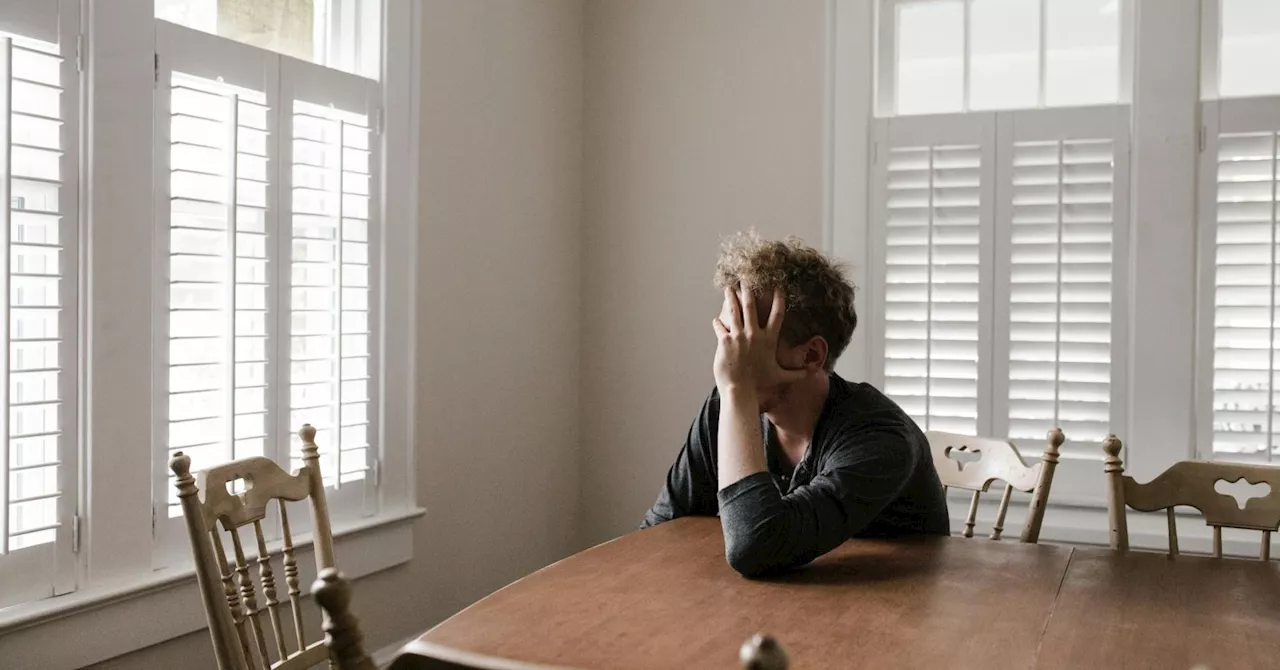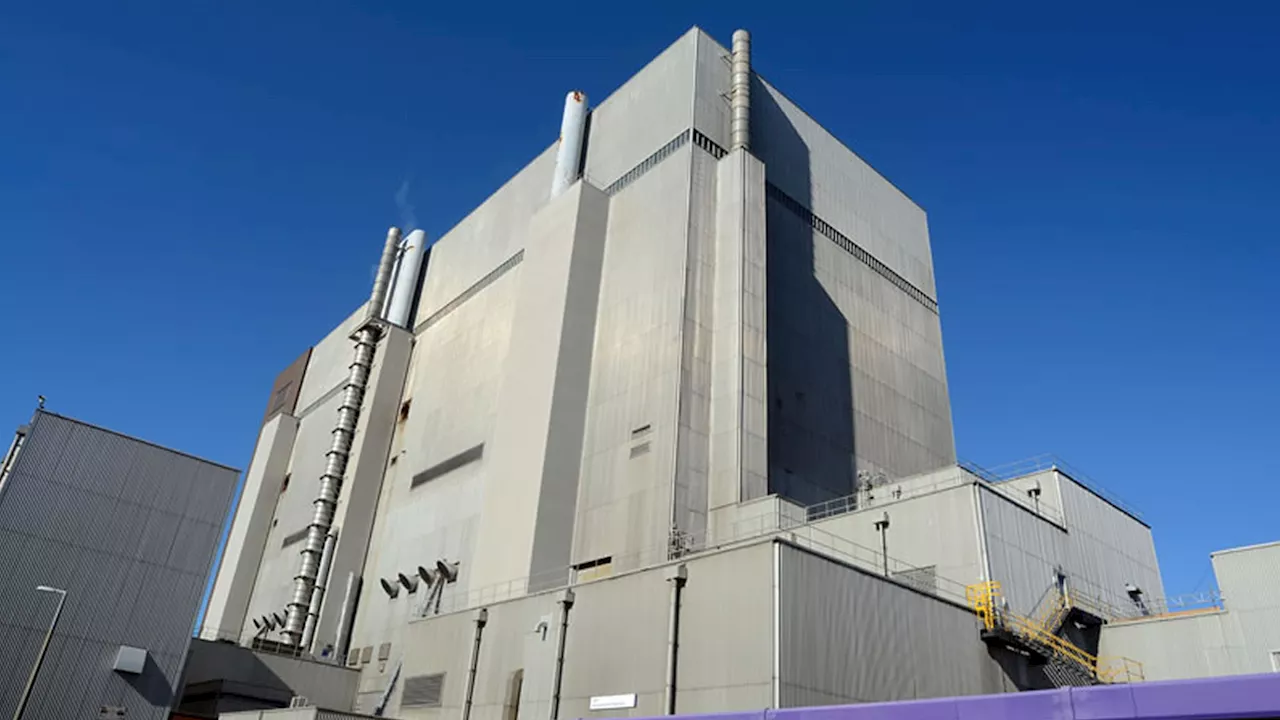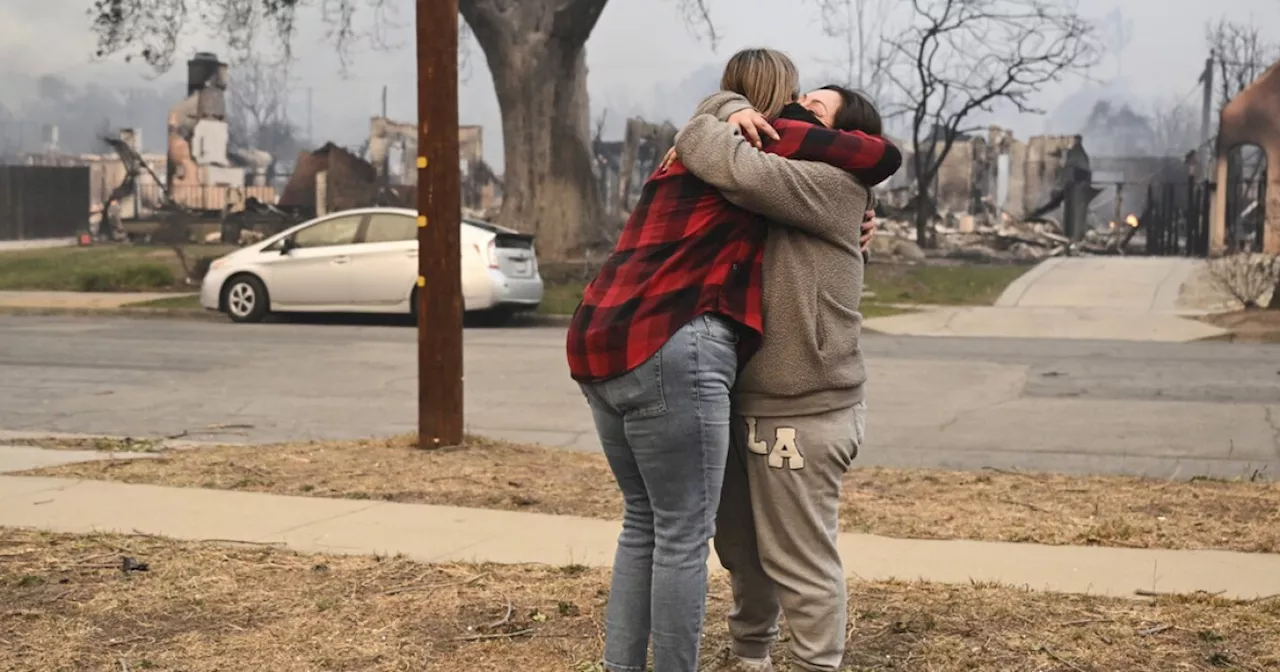Scientists are using artificial intelligence to develop self-healing concrete that reduces carbon emissions and improves durability. This innovative technology has the potential to revolutionize construction, creating more resilient infrastructure and mitigating the environmental impact of concrete production.
We could soon have roads and highways that require fewer repairs and even help reduce carbon emissions . According to new research, scientists have developed an AI-designed concrete that is self-healing and could even help prevent potholes. Concrete is the most widely used construction material on Earth, but it has a major environmental downside. Cement production accounts for a large percentage of global carbon emissions .
While engineers have long sought ways to improve concrete’s durability and sustainability, they’re now turning to AI to accelerate the process. Using machine learning algorithms, scientists can analyze thousands of potential concrete mixtures, testing how different materials interact at a molecular level. AI rapidly predicts which compositions will produce stronger, more durable, eco-friendly concrete, reducing the need for costly and time-consuming physical experiments. One breakthrough in AI-designed concrete is its ability to use test materials, such as recycled industrial byproducts or biodegradable additives, to enhance durability and repairability. The main key here is ensuring that the additives allow for self-healing properties that repair cracks before major damage occurs. By incorporating these materials, AI can check whether the concrete is as strong—if not stronger—than traditional concrete while finding ways to reduce cement consumption and carbon emissions significantly. The engineers hope that by turning to AI-designed concrete, we can create more resilient roads and even buildings. This technology could open the door for self-healing concrete roads, which can prevent potholes from forming by repairing cracks before they grow too large. It’s also possible that this repairability could help make roads and buildings more resistant to earthquakes and other natural disasters. Some are even looking for ways to turn concrete into a carbon sink, which can catch carbon in the air and store it. But AI isn't just helping create better concrete formulas. Scientists are also using it to improve how and where concrete is used. AI-driven simulations can predict how a structure will respond to stress, weather conditions, and long-term wear, allowing architects and engineers to design more resilient buildings and roads. The demand for concrete will only continue to grow, but finding new ways to create it and even new ways to make it more sustainable will go a long way in ensuring we don’t expedite our losing battle against climate change even more than we already have
AI Concrete Sustainability Carbon Emissions Self-Healing
United States Latest News, United States Headlines
Similar News:You can also read news stories similar to this one that we have collected from other news sources.
 When reflecting on divorce, how to shift from self-blame to self-compassion and healing.Divorce is an opportunity to grow, heal, and rediscover yourself. By shifting from self-criticism to self-compassion, you’ll be better able to move forward with resilience and hope.
When reflecting on divorce, how to shift from self-blame to self-compassion and healing.Divorce is an opportunity to grow, heal, and rediscover yourself. By shifting from self-criticism to self-compassion, you’ll be better able to move forward with resilience and hope.
Read more »
 Neutron Radiation Impact on Concrete: Unexpected Healing Properties RevealedResearchers have made significant discoveries about how neutron radiation affects concrete. Their findings indicate that quartz crystals within concrete can heal themselves under radiation, potentially allowing nuclear power plants to operate for longer periods than initially thought. While the study highlights concerns about concrete degradation, it also offers promising insights into mitigating these risks.
Neutron Radiation Impact on Concrete: Unexpected Healing Properties RevealedResearchers have made significant discoveries about how neutron radiation affects concrete. Their findings indicate that quartz crystals within concrete can heal themselves under radiation, potentially allowing nuclear power plants to operate for longer periods than initially thought. While the study highlights concerns about concrete degradation, it also offers promising insights into mitigating these risks.
Read more »
 Concrete can self-heal when exposed to nuclear radiation, finds studyA new study has found that some elements of concrete, like quartz, can self-heal when exposed to nuclear radiation over time.
Concrete can self-heal when exposed to nuclear radiation, finds studyA new study has found that some elements of concrete, like quartz, can self-heal when exposed to nuclear radiation over time.
Read more »
 After Disaster, Self-Care is Key to HealingIn the wake of devastating fires and ongoing recovery from floods, experts emphasize the importance of self-care for mental well-being. This article provides advice on coping mechanisms, seeking professional help, and the role of community support in rebuilding lives.
After Disaster, Self-Care is Key to HealingIn the wake of devastating fires and ongoing recovery from floods, experts emphasize the importance of self-care for mental well-being. This article provides advice on coping mechanisms, seeking professional help, and the role of community support in rebuilding lives.
Read more »
 Researchers map the brain's self-healing abilities after strokeA new study sheds light on one of the most severe consequences of stroke: damage to the brain's 'cables'-- the so-called nerve fibers -- which leads to permanent impairments.
Researchers map the brain's self-healing abilities after strokeA new study sheds light on one of the most severe consequences of stroke: damage to the brain's 'cables'-- the so-called nerve fibers -- which leads to permanent impairments.
Read more »
 Healing from a Breakup: Focusing on Self-Love and GrowthThis article explores the emotional impact of breakups and offers guidance on navigating the healing process. It emphasizes the importance of self-love, acceptance, and investing in personal growth. The article advises on managing attachment distress, understanding the role of relationship dynamics, and strategies for moving forward after a breakup.
Healing from a Breakup: Focusing on Self-Love and GrowthThis article explores the emotional impact of breakups and offers guidance on navigating the healing process. It emphasizes the importance of self-love, acceptance, and investing in personal growth. The article advises on managing attachment distress, understanding the role of relationship dynamics, and strategies for moving forward after a breakup.
Read more »
